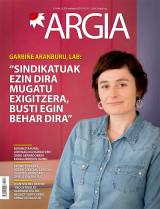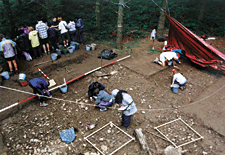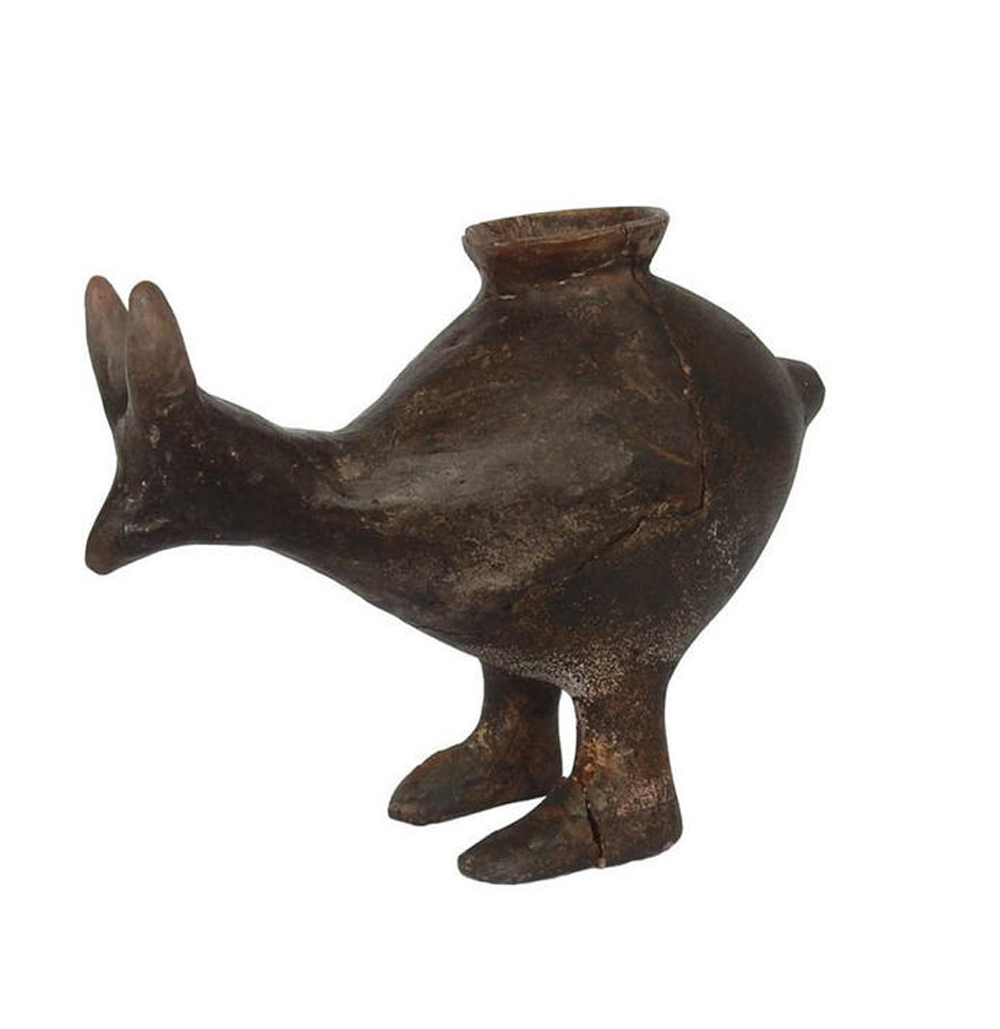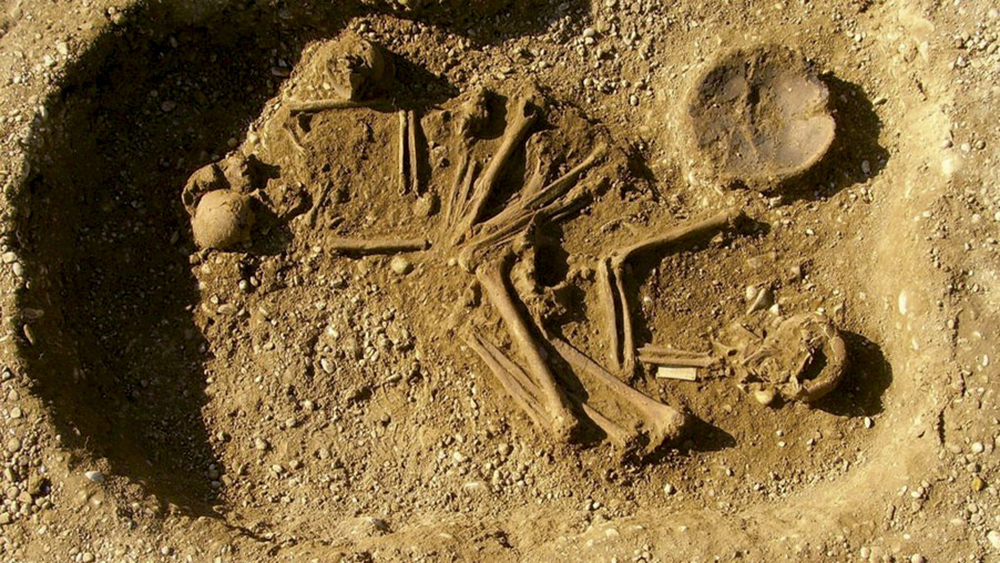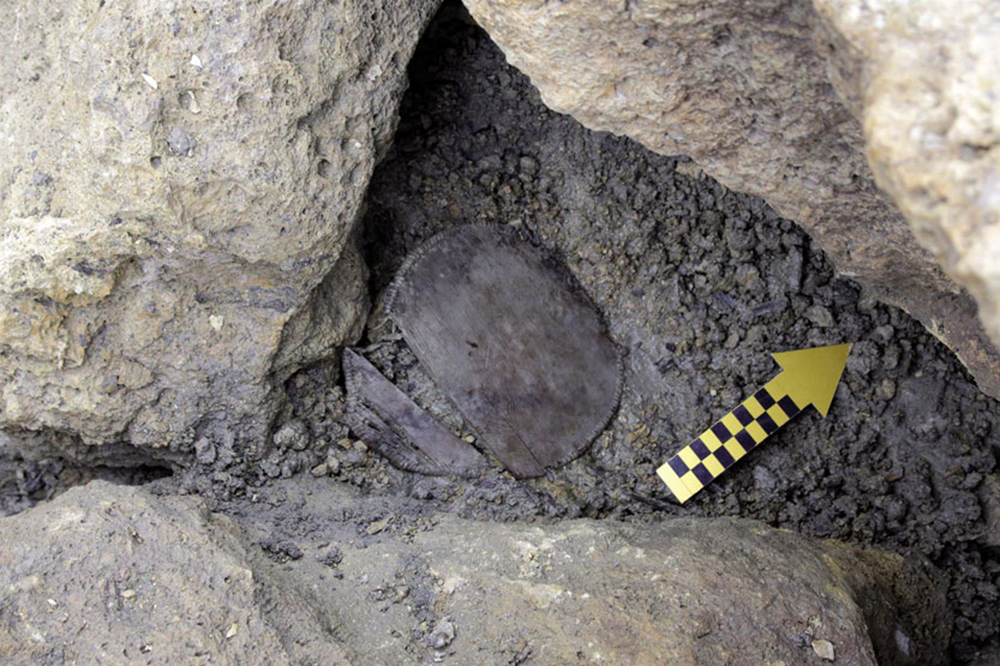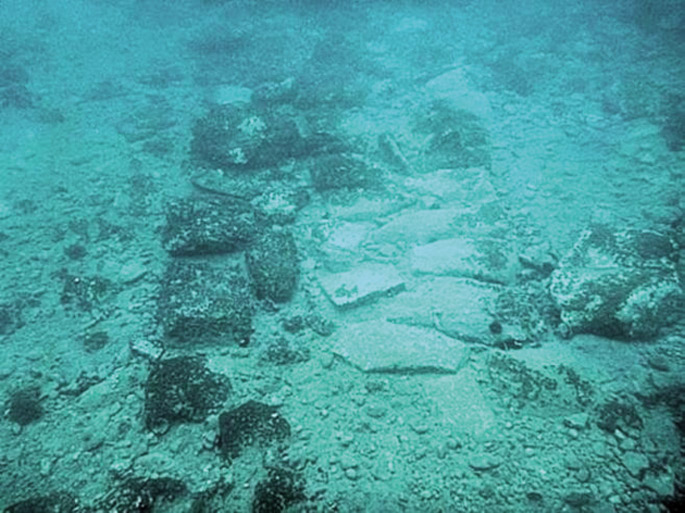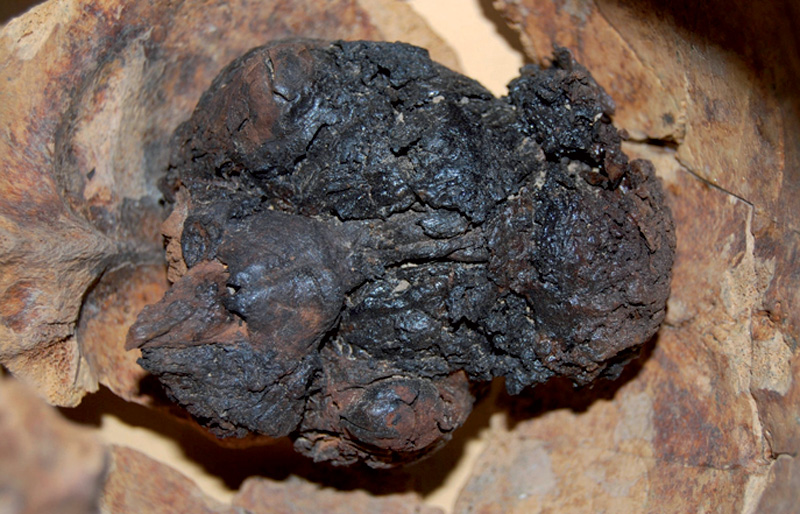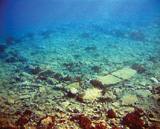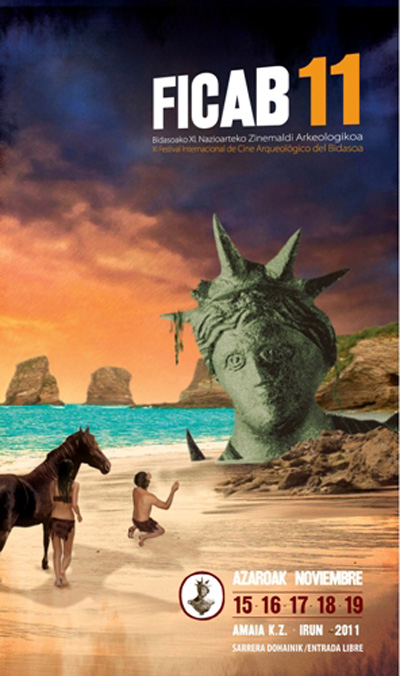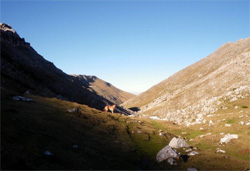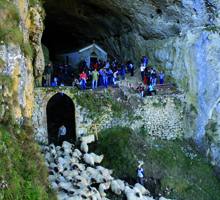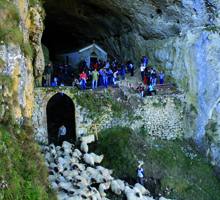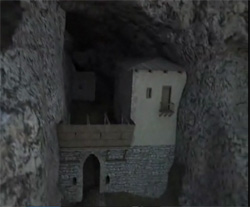Food Sexism in Bronze Age China
- In the central plain of China, several human bones found in the Yellow River basin have been analyzed, by analyzing stable isotopes. As published in the journal Proceedings of the National Academy of Science, it has been concluded that men and women had a very different diet.

Women mainly ate wheat and barley, while men ate products of animal origin. Thus, women received food with lower nutritional value and their bones, almost 3,000 years later, continue to show the health problems resulting from poor diet. Discrimination continued even after death, as female graves were much more modest.
Researchers from the University of Geneva, the Swiss School of Archaeology and the Greek Antiquities Section have discovered a city of the Bronze Age in the Aegean Sea. In the 15th century a. Around the years 2000-3000 it is believed that the city was of great importance,... [+]
At the Bronze Age site of Seyitömer Höyük (Turkey), several skeletons have been found, as well as brain debris corresponding to them. The finding is important because the preservation of soft tissues is difficult. It is the oldest human remains found to date, dating back more... [+]
Gaur abiatu eta datorren larunbata arte, Bidasoako Nazioarteko Zinemaldi Arkeologikoaren hamaikagarren edizioa egingo dute Irunen. Genero honi buruzko zinemaldi bakarra da Euskal Herrian eta Espainiako Estatuan eta aurten euskal dokumentalak izango dira protagonista. Hala,... [+]
Gipuzkoa eta Araba lotzen dituen San Adriango tunela iraganean pasabide garrantzitsua izan zeneko zantzuak egon arren, orain arte ez zen ikerketa sakonik egin. Denboraren tunela bailitzan, duela 4.000 urteko bizitoki, Erdi Aroko gotorleku edo duela 500 urteko errepideetako... [+]









